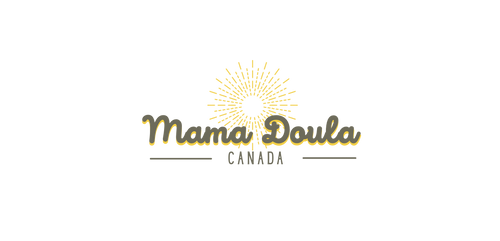Em tempos de crise — seja devido a desastres naturais, emergências ou outras situações de vulnerabilidade — proteger e apoiar a amamentação é essencial para a saúde do bebê e da mãe. A amamentação oferece nutrição, conforto e proteção essenciais quando outros recursos são escassos. Veja por que proteger a amamentação durante estes tempos desafiadores é tão vital, juntamente com alguns exemplos de iniciativas eficazes em desastres passados:
1. A amamentação fornece nutrição essencial
O leite materno é uma fonte completa e dinâmica de nutrição, adaptada às necessidades em evolução do bebê. Em emergências onde o acesso a água potável, alimentos e suprimentos médicos pode ser limitado, o leite materno continua sendo uma opção confiável e segura. Por exemplo, durante o terremoto de 2010 no Haiti, o UNICEF e parceiros montaram clínicas móveis para apoiar mães que amamentam e distribuíram kits de amamentação para garantir que as mães pudessem continuar a fornecer nutrição essencial aos seus bebês.
2. A amamentação oferece conforto e segurança
A amamentação proporciona não apenas nutrição, mas também conforto emocional, crucial em situações estressantes. Os incêndios florestais australianos de 2019-2020 destacaram a importância desse apoio. Organizações de assistência criaram áreas designadas para amamentação em centros de evacuação para oferecer às mães um espaço privativo e confortável, ajudando a reduzir o estresse tanto para mães quanto para bebês durante a crise.
3. A amamentação apoia a saúde materna
A amamentação auxilia na recuperação pós-parto e reduz o risco de certos tipos de câncer para as mães. Durante a pandemia de COVID-19, diversas organizações de saúde, incluindo a Organização Mundial da Saúde (OMS), enfatizaram a importância de continuar amamentando e forneceram diretrizes sobre como fazê-lo com segurança, mesmo diante de uma crise sanitária global. Esse apoio foi vital para manter a saúde materna e, ao mesmo tempo, garantir que os bebês recebessem os benefícios do leite materno.
4. Garantindo ambientes de amamentação seguros e limpos
Criar espaços seguros e limpos para amamentação é crucial em emergências. Por exemplo, após o terremoto de 2015 no Nepal, os esforços humanitários incluíram a criação de cantinhos de amamentação em abrigos temporários. Esses espaços foram equipados com água limpa, suprimentos sanitários e assentos confortáveis para apoiar as mães que amamentam na manutenção da saúde e no sustento de seus bebês.
5. Defendendo políticas e recursos de apoio
Os planos de resposta a emergências devem incorporar o apoio à amamentação. Durante o terremoto e tsunami de 2018 na Indonésia, equipes de resposta a emergências trabalharam para garantir que as mães lactantes tivessem acesso a consultoras em lactação e suprimentos para amamentação. Isso incluiu a montagem de tendas de apoio à amamentação e o fornecimento de materiais educativos para ajudar as mães a lidar com os desafios da amamentação em uma crise.
6. Sensibilização e Educação de Comunidades
A educação desempenha um papel fundamental no apoio à amamentação em situações de emergência. A campanha "Empoderando Pais, Possibilitando a Amamentação em Emergências", da OMS e do UNICEF, destaca a importância da amamentação em situações de crise. Esta campanha fornece recursos e informações para ajudar as famílias a se prepararem para emergências e continua a apoiar a amamentação por meio de diversas iniciativas, incluindo treinamento para profissionais de saúde e ações de conscientização pública.
Conclusão
Proteger e apoiar a amamentação durante situações de vulnerabilidade, emergências e desastres naturais é crucial para a saúde e o bem-estar de bebês e mães. Do terremoto no Haiti aos incêndios florestais na Austrália e além, iniciativas eficazes demonstraram o imenso valor do apoio à amamentação em crises. Ao criar ambientes seguros para a amamentação, defender políticas de apoio e conscientizar, podemos garantir que cada bebê tenha o melhor começo de vida, independentemente dos desafios que enfrente. Continuemos a aprender com os esforços anteriores e a trabalhar juntos para apoiar a amamentação com o cuidado e a dedicação que ela merece em todas as crises.

